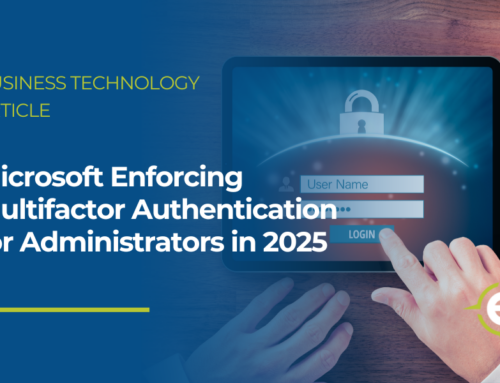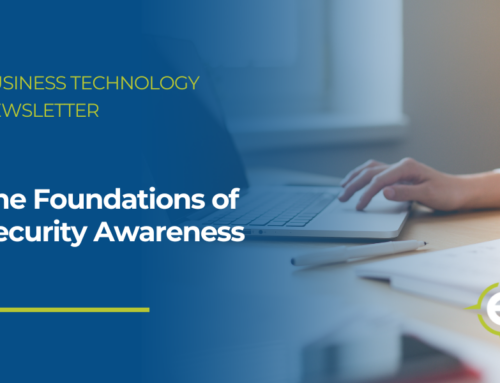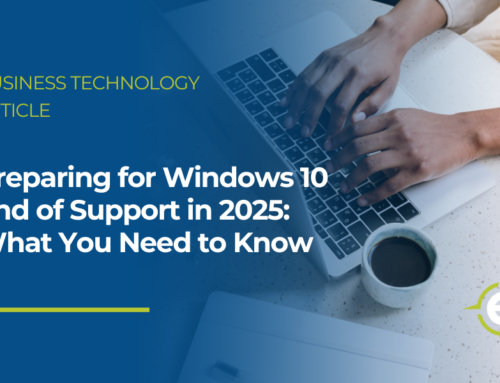Five Security Myths
Myth #1: You’re not important enough to be a target.
High-profile individuals (such as executives, celebrities, and government officials) will always rank as top targets for cybercriminals. But assuming that you don’t have anything of value because you’re not a high-profile individual is a dangerous mistake. Scammers have no bias and will target anyone and everyone, both professionally and personally, in every industry, at organizations of all sizes. Assuming you’re not on their radar makes you an easier target.
Myth #2: Malicious hackers are the only threats worth worrying about.
Which is more likely: suffering a data breach at the hands of highly sophisticated cybercriminals, or suffering a data breach because of human error caused by someone within the organization? Hopefully, you guessed the latter. Believe it or not, insider threats pose more risk than external actors. That’s why it’s vital that all employees, from the front desk to the CEO, receive adequate security awareness training.
Myth #3: Cybersecurity is a highly technical process.
Quite the opposite. Security relies on human firewalls who use common sense and think before they click. Yes, modern technology, such as network monitoring and real-time threat detection software, helps organizations prevent security incidents. But at the end of the day, maintaining the confidentiality, integrity, and availability of data and systems requires human effort.
Myth #4: Security awareness only matters at work.
While you don’t need to worry about violating security policies or compliance regulations in the comfort of your own home, the awareness training you receive at work absolutely matters in your personal life. Your personally identifiable information carries a lot of value and, if it falls into the wrong hands, you and other members of your household could become victims of identity theft, or have your accounts hacked.
Myth #5: Smart devices are rarely targeted.
From mobile phones to the Internet of Things, the attack surface of smart devices is massive, and will only continue to grow. In fact, it’s not hard to imagine a future where smart devices are the default targets of scammers. That’s why it’s important that we secure our world of connected gadgets and treat mobile devices like the computers they are! This means (among other things) protecting them with strong passwords, utilizing antivirus and anti-malware software and ensuring that they stay up to date with the latest security patches.







